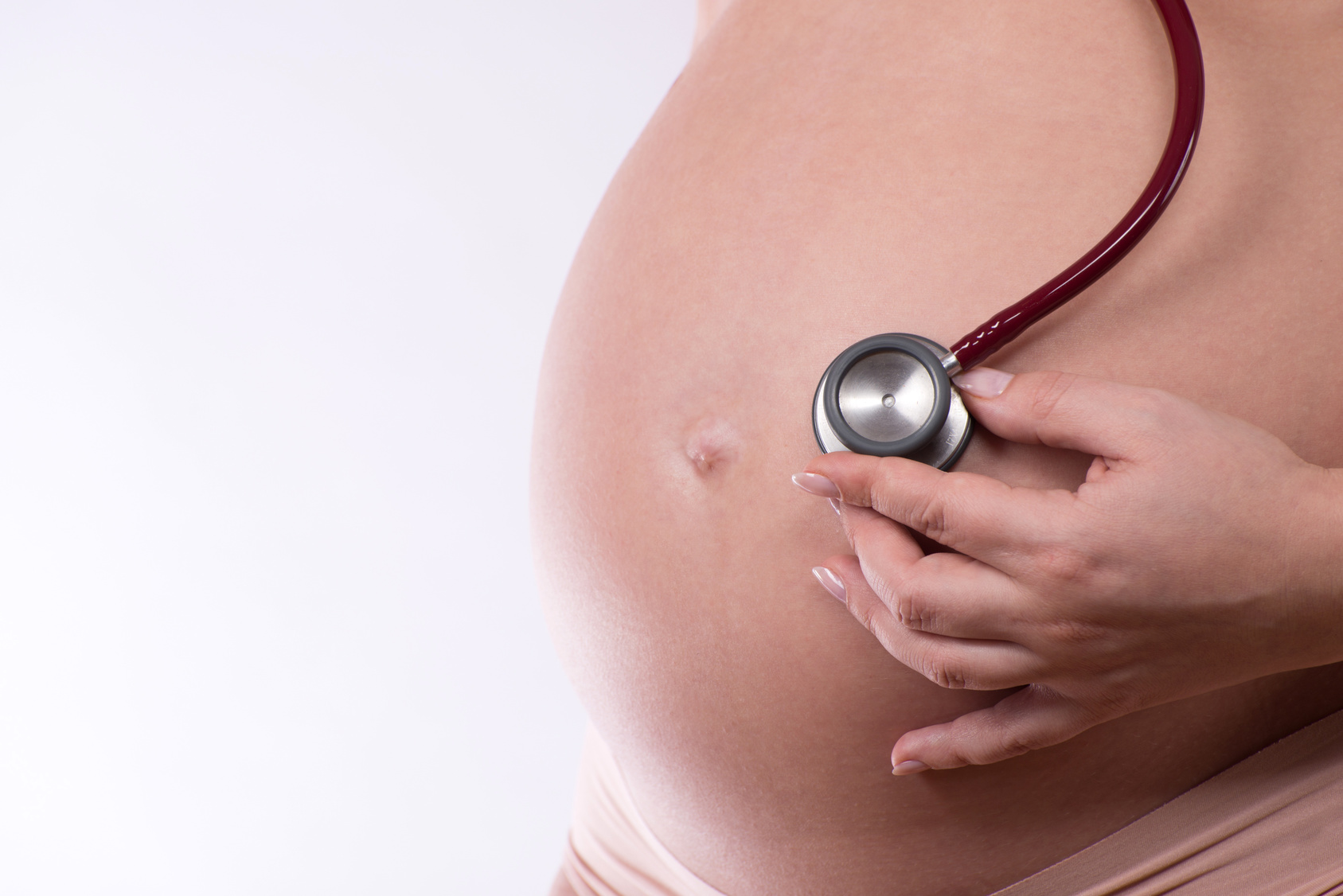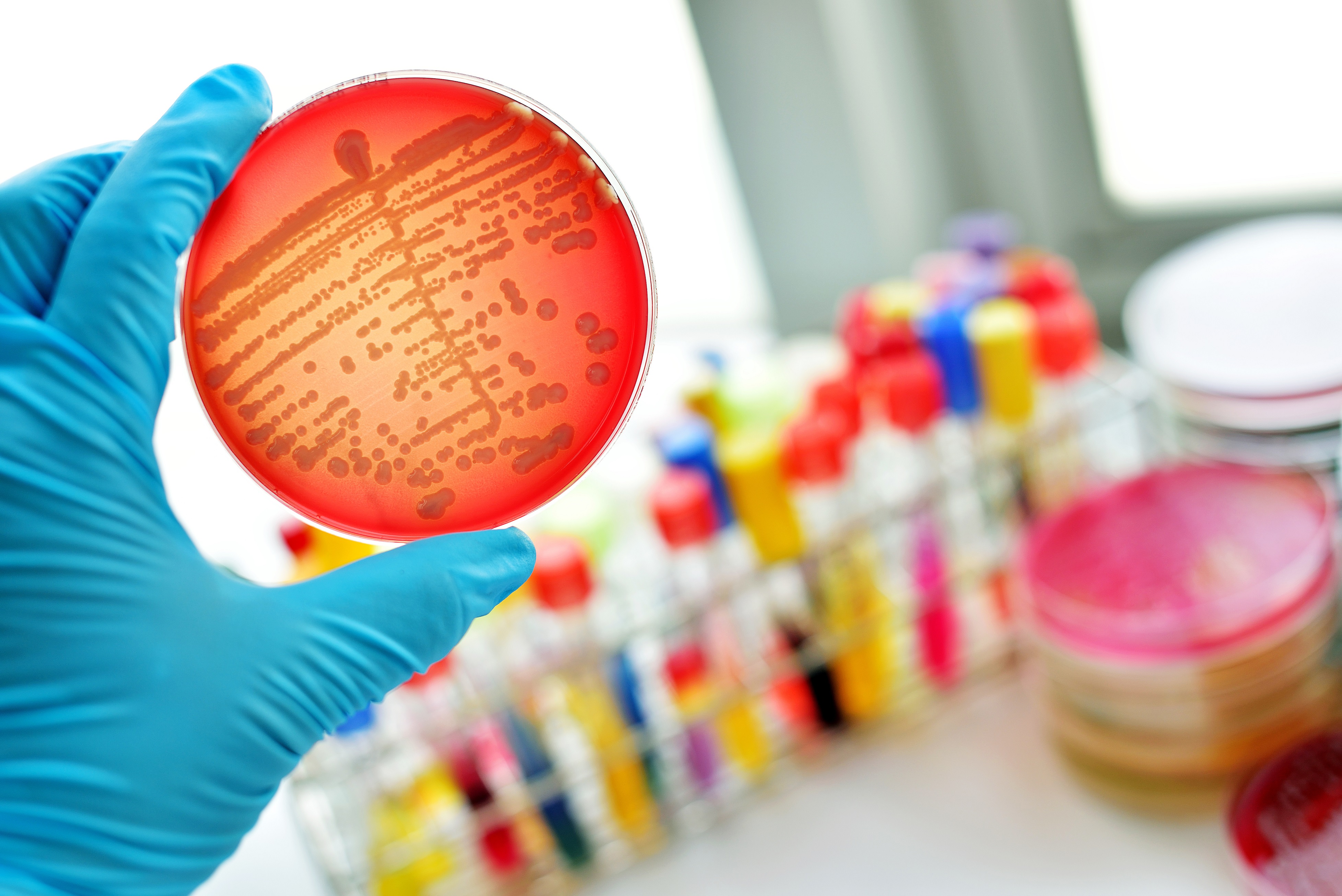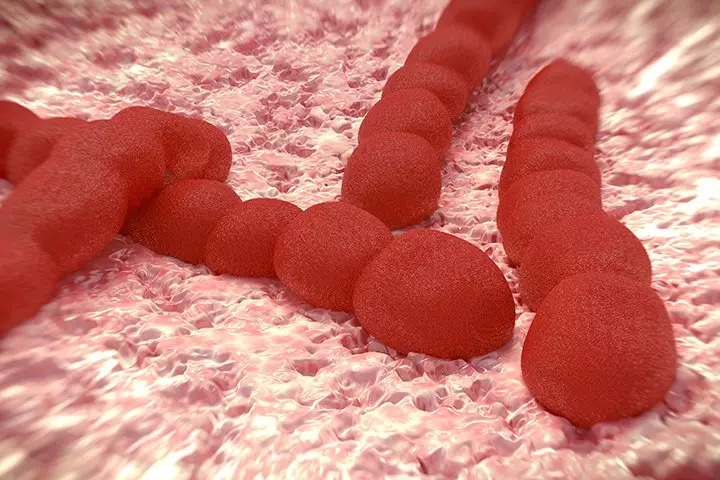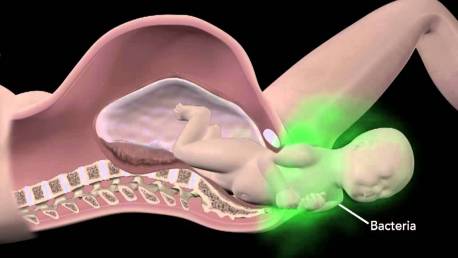



In this patient education FAQ, learn how Group B strep affects women during pregnancy and their newborns, including testing and treatment for GBS.


Screening for colonization. About 10–30% of women are colonized with GBS during pregnancy. Nevertheless, during pregnancy, colonization can be temporary, intermittent, or continual.

Group B Strep Infection is a bacterial infection that can be found in a woman’s vagina or rectum and passed to the baby during delivery.
Group B Streptococcus (group B strep) is a type of bacteria that causes illness in people of all ages. Also known as GBS, group B strep disease is the most common cause of severe infections in newborns that can be deadly, but it can be prevented.
A group B strep infection (GBS) may cause serious infections in pregnant women and newborns. Read about symptoms, signs, diagnosis, treatment and prevention.

Strep throat is an airborne bacterial disease that quickly spreads in crowded environments and causes many complications if left untreated.

Streptococcal is a type of bacteria that can cause strep throat (group A) or blood infections (group B). Learn how they can be prevented and treated.
Herpes and Pregnancy – Covers herpes transmission, treatments, medications, symptoms, self-help, diet & nutrition, current research and information, products for Herpes Pregnancy, and URL pointers to other sites.
What is the evidence for antibiotics for group B strep during labor? Are there any alternatives? Can hibiclens, garlic, or probiotics treat GBS?

Group B Strep: What Does it Mean for Me and my Baby? Group B Streptococcus, otherwise known as GBS or Group B Strep, is a normally occurring bacteria that lives in the lower intestines of human beings – from babies to the elderly. It’s a hot topic in the world of having babies, and there